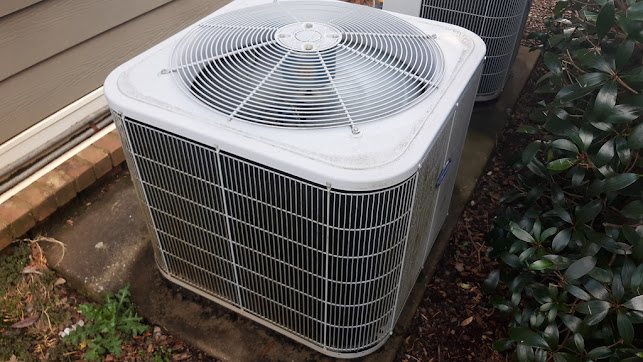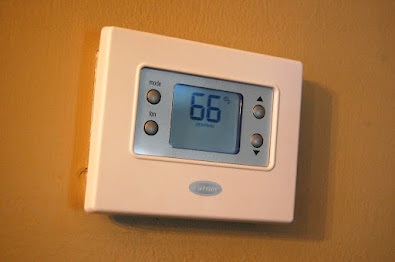Smart Steps Before Your Water Heater Installation

Installing a new water heater is a significant investment that can enhance the efficiency and comfort of your home. However, before diving into the installation process, taking some smart steps is essential to ensure a smooth and successful transition. In this article, we'll guide you through the crucial preparations to make before your water heater installation. Understanding your hot water requirements: Evaluate Your Current System: Before choosing a new water heater, assess the efficiency and capacity of your current system. Determine whether it meets your household's hot water demands and if any improvements are needed. This evaluation will help you decide on the type and size of the new water heater required. Select the Right Type of Water Heater: There are various water heaters, including tankless, storage tanks, heat pumps , and solar water heaters. Each type has its advantages and disadvantages. Consider your hot water needs, energy efficiency goals, and budget constra...





